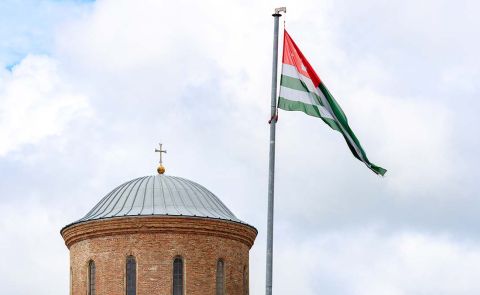
Georgia's Foreign Agents Law Faces Strong Reproach from Venice Commission, Georgian Dream Responds
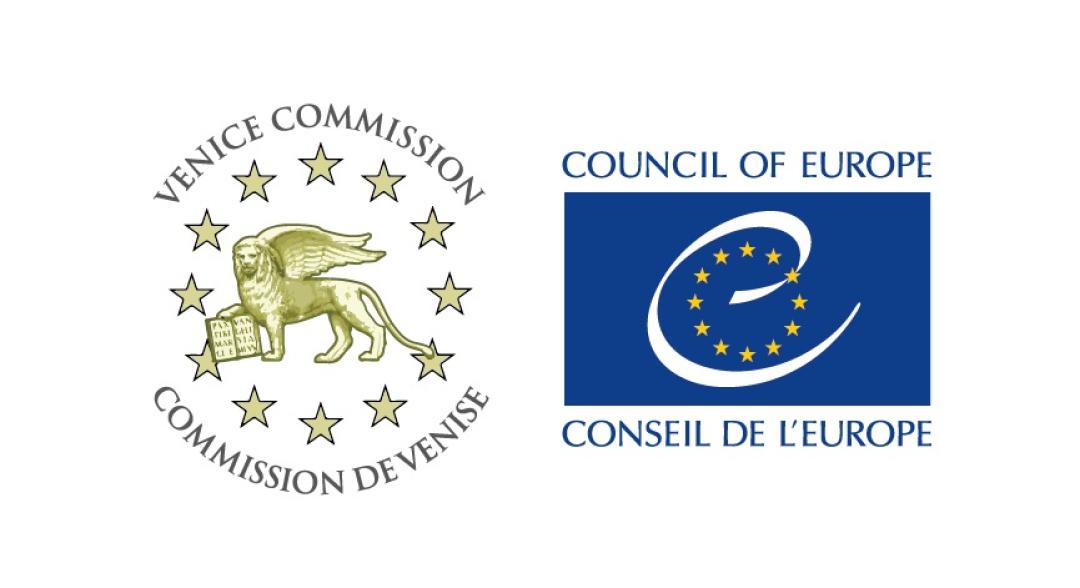
On May 21, the Venice Commission issued an urgent opinion on the Foreign Agents Law, strongly recommending that the law be repealed in its current form.
The commission highlighted that its fundamental flaws will involve significant negative consequences for the freedoms of association and expression, the right to privacy, the right to participate in public affairs, and the prohibition of discrimination. They emphasized that the law will affect open, informed public debate, pluralism, and democracy. The commission expressed regret that the highly controversial law was adopted by the parliament despite concerns from large sections of the Georgian population. They remarked, "This manner of proceeding does not meet the European requirements of democratic law-making."
Having analyzed the law's compatibility with international and European standards, the commission concluded, "the restrictions set by the Law to the rights to freedom of expression, freedom of association and privacy are incompatible with the strict test in Articles 8(2), 10(2), and 11(2) of the ECHR and Article 17(2), 19(2), and 22(2) of the ICCPR as they do not meet the requirements of legality, legitimacy, necessity in a democratic society and proportionality, as well as with the principle of non-discrimination set out in Article 14 of the ECHR."
The Venice Commission warned that designating organizations as pursuing the interests of a foreign power has serious implications, stating that it undermines both the financial stability and credibility of the targeted organizations and their activities. They noted that the obligation for organizations to register and report required information, which limits access to funding options for stigmatized associations, coupled with severe administrative fines and constant surveillance, will no doubt complicate and threaten the effective operation and existence of the organizations concerned. They added, "The persistent and stigmatizing obstacles concentrated in the hands of the state create a chilling effect."
While ostensibly aimed at ensuring transparency, the law risks stigmatizing, silencing, and eventually eliminating associations and media that receive even a small part of their funds from abroad. They warned, "A strong risk is created that the associations and media which come to be affected will be those who are critical of the government so that their removal would adversely affect open, informed public debate, pluralism, and democracy."
The Venice Commission stressed that existing Georgian legislation already contains provisions requiring organizations concerned by the Law to register and report, including their funding sources. Against this background, they found no convincing explanation has been given on why the existing obligations would be insufficient for ensuring transparency. The commission recommended that authorities consider amending existing laws to comply with European and international standards. They suggested that "genuine representation (lobbying) activities on behalf of foreign countries could be regulated in line with European standards, should the current legislation not be adequate."
Georgian Dream Responds
Following the Venice Commission's opinion, on May 21, Georgian Dream Party Spokesperson Salome Kurasbediani held a press conference to denounce the commission's opinion, labeling it as unfounded, false, manipulative, unjustified, and paradoxical.
Kurasbediani strongly defended the controversial law, stating, "There are no legal or other arguments against the Georgian law on transparency," and claimed that the opinion was another unsuccessful attempt to prove the Georgian Dream wrong. Kurasbediani argued, "In the Venice Commission's opinion, we are repeatedly confronted with unfounded and contradictory legal reasoning, as well as many grossly distorted facts," further encouraging certain groups' radicalization.
Regarding the commission's statement about the publication of additional changes to the law, Georgian Dream claimed this information was false. The commission had referred to changes providing for fines against individuals appearing in the law after its final adoption. Kurasbediani insisted that the changes were discussed openly and not made in secret. She also refuted the Venice Commission's claim about limited time for discussing the law, stating that radical opposition and NGOs participated in the discussions around the draft law.
Kurasbediani criticized the Venice Commission for implying that the protest rallies were peaceful, citing multiple facts of attacks on law enforcement, the storming of the Parliament building, forcible blocking of [Parliament] entrances, and property damage. She argued, "It is inconceivable that the Venice Commission, which until now has carried out the legal analysis of documents, has turned to the political assessment of street rallies," suggesting that this approach undermined the commission's objectivity.
Outlining the Georgian Dream's criticism, Kurasbediani first claimed that existing norms in Georgian law did not ensure transparency in the NGO sector, contradicting the commission's reference to the transparency of NGO finances. Second, she dismissed comparisons to Russian, Hungarian, and Kyrgyz laws as manipulative and unjustified. Finally, she accused the commission of stating that it is not allowed to demand transparency from non-governmental organizations.
Kurasbediani concluded, "The Venice Commission’s opinion is saturated with political messages, lacks legal and professional reasoning, and contains several factually incorrect information." She argued that the commission's stance that NGO and media financial information should be kept secret was regrettable and disappointing, undermining the credibility of the institution and the values it is supposed to serve.
See Also

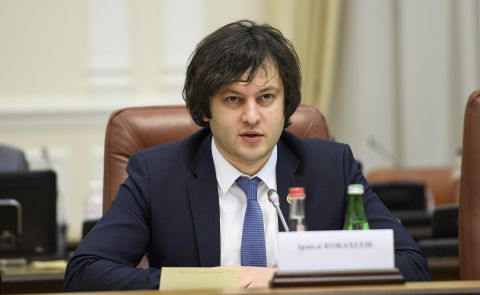
Kobakhidze Announces Full Enforcement of Georgia’s Foreign Agents Law
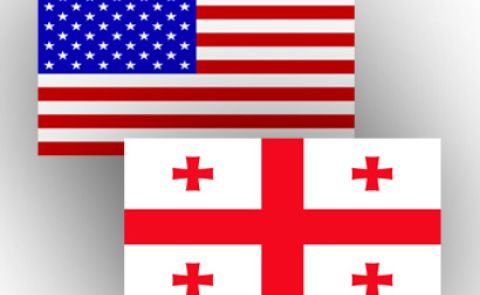
Kobakhidze Meets US Senator Daines to Discuss Bilateral Relations
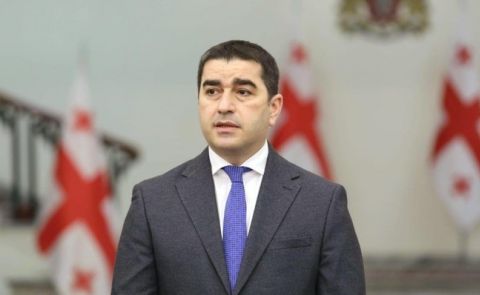
Georgian Speaker Condemns Embassy Travel Warnings as Economic Attack
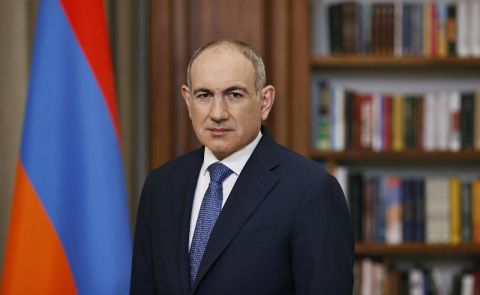
Political Crisis Deepens Between Armenian Government and Apostolic Church After Pashinyan’s Remarks

